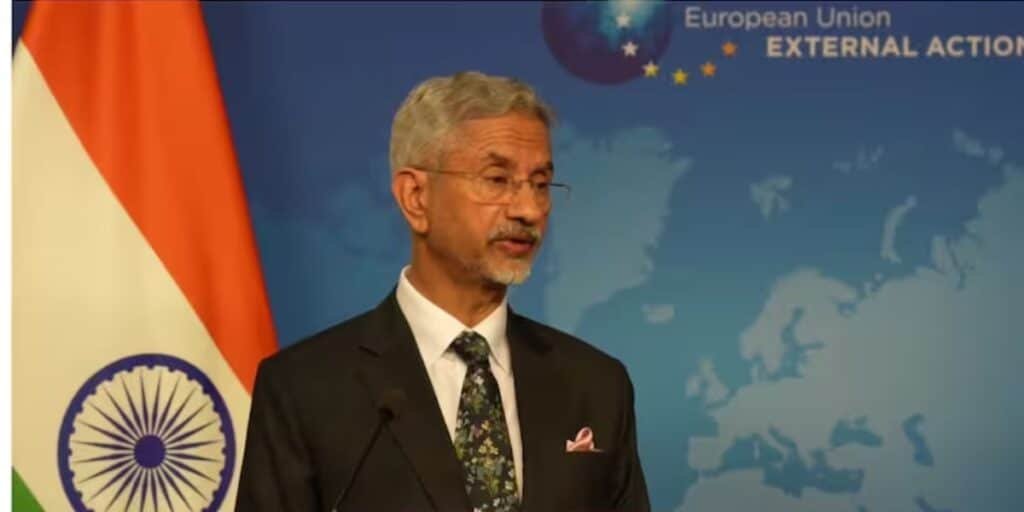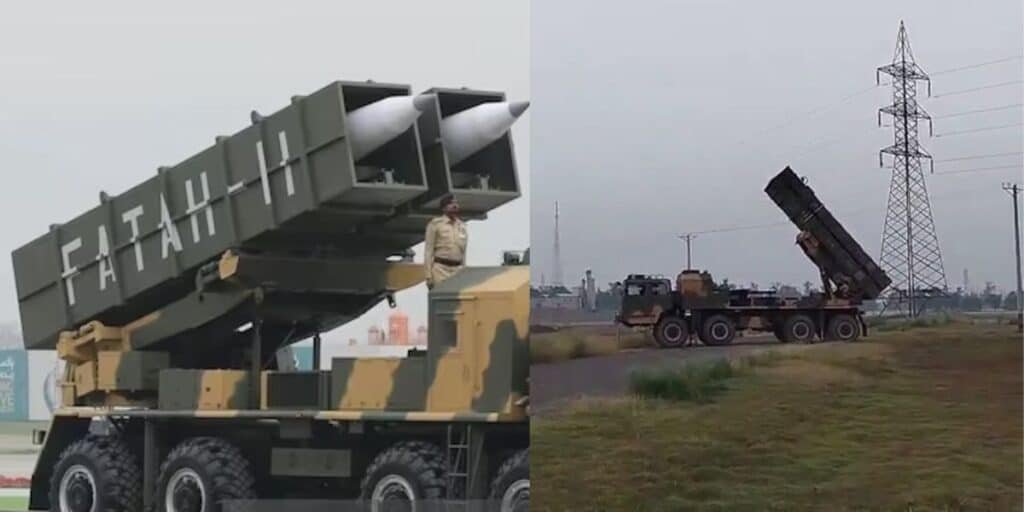WEBDESK: The IMF (International Monetary Fund) has recommended a major increase in fuel prices in Pakistan, advising the government to apply an 18% sales tax on petrol (motor spirit) and high-speed diesel. This move would raise prices by Rs47 per litre. Along with this, the IMF has proposed an additional Rs5 per litre carbon levy on fuel.
The IMF’s proposal is aimed at helping Pakistan meet its revenue targets and stabilise its economy. The Petroleum Division said it remains neutral on the Power Division’s request for extra funds. However, it warned against adding more pressure on the already struggling petroleum sector.
On March 16, 2025, after global petroleum prices dropped, the government increased the petroleum levy from Rs60 to Rs70 per litre. The Petroleum Division strongly opposed the idea of using a Rs10 per litre increase in the petroleum levy to fund electricity tariff relief. They called the plan unfair and warned that it would increase the burden on fuel consumers and damage the sector’s recovery.
Earlier, the Petroleum Division had suggested a smaller 3% sales tax instead of the full 18%, but the IMF rejected that proposal. Officials also noted that zero-rating sales tax on petrol and diesel has caused a loss of around Rs35 billion this year.
Prime Minister Shehbaz Sharif had announced a cut in electricity tariffs – Rs7.41 per unit for domestic users and Rs7.69 for industrial users. But the relief depends on global energy prices and summer hydropower supply.
The Petroleum Division has warned that if international prices rise again, the government will face a tough choice. It may have to either increase retail fuel prices or reduce the petroleum levy to protect consumers. Either move would risk missing the Rs58.6 billion collection target linked to the power relief package.
The government had set a record target of Rs1.281 trillion in petroleum levy collection for 2024–25, but only Rs744 billion was collected by February. This shortfall has made the IMF’s recommendations more pressing.
The Division urged policy-makers to assess the broader energy sector impact before approving new financial demands.
Read more: IMF team in Pakistan to review corruption, governance issues






